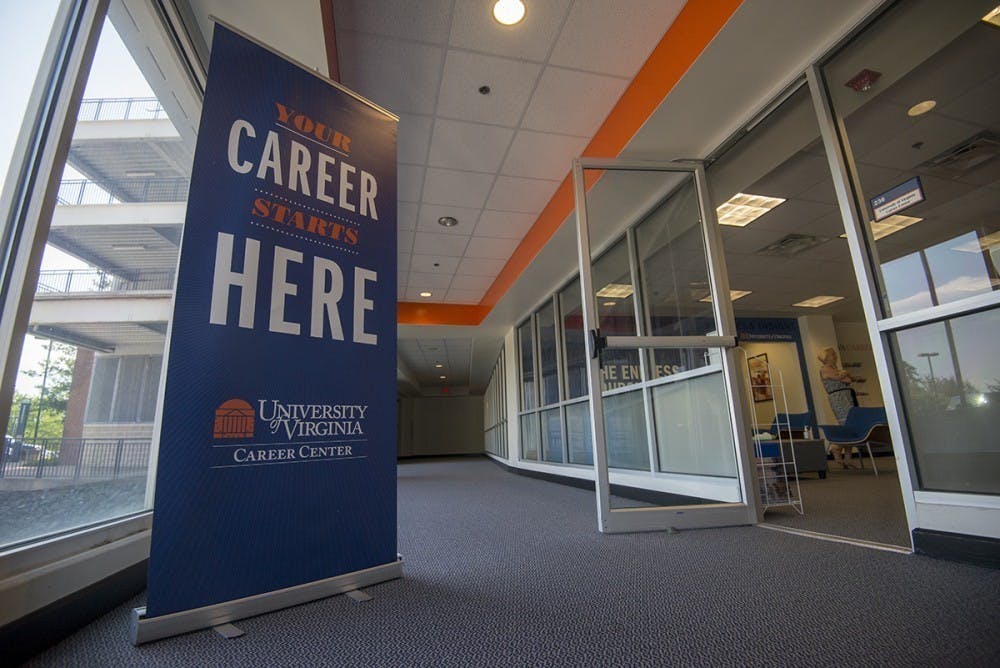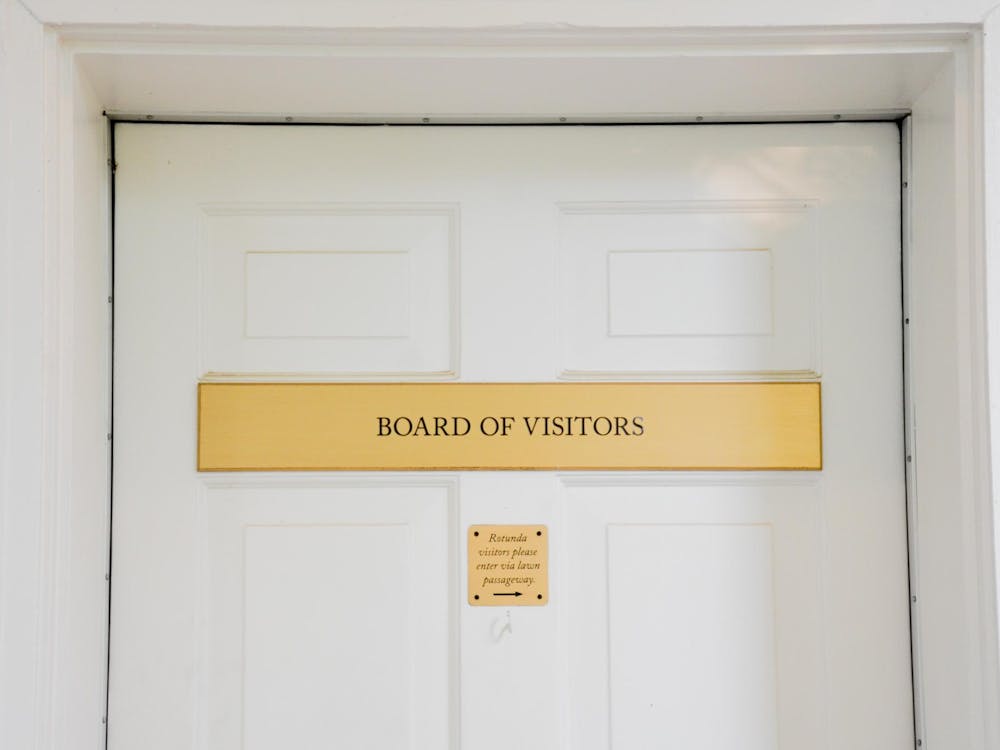The Hoos Internship Accelerator is a new program created by the Career Center and Alumni Association to help students find internships this summer. The U.Va. Career Center created this program in conjunction with the Alumni Association to help address the lack of summer internships caused by the COVID-19 pandemic. Rising third and fourth years are eligible to apply to specific internships hosted by the program, and employers will decide whether internships are conducted virtually or in person, though most will be conducted virtually.
“Recognizing COVID’s anticipated impact on summer internships, we felt we needed to do something to make sure U.Va. students weren’t impacted by the dearth of summer internships,” said David Lapinski, director of employee relations and experiential education at the Career Center. “Summer internship experiences are such an essential part of a student’s self-discovery and exploration that we didn’t want the current 3rd year class to miss out.”
Internship positions range from arts administration intern at Live Arts — a community theater in Charlottesville — to communications intern at Digital Capital Solutions — a company in D.C. that specializes in software, mobile app and website development. The length of the programs are either four or eight weeks with between 20 and 25 hours of work per week.
Most internships are paid, though unpaid interns will receive a stipend from the University. Eight-week internship stipends are typically $2,000 while four-week stipends are $1,000. Students with financial need can also apply to receive an additional stipend to offset living expenses.
The funding for the stipends come from Student Affairs, the Parent Fund and the Career Center, Lapinski said.
Around 450 to 500 students will be selected for these positions. Because of a high number of student applications to the program, not all students will be placed in a position, according to Lapinski.
The Career Center offered similar opportunities for students in the past, such as the Internship Placement Program and U.Va. Launchpad.
Students that apply to the Internship Placement Program are placed in an unpaid internship and enrolled in a one-credit University course. Applications were due in February, but the application reopened on a rolling basis on April 1. IPP has been offered at the University for almost 40 years.There is a $90 application fee, but the fee can be waived.
U.Va. Launchpad was created last summer — during the eight-week program, students participate in a course, a bootcamp and a real world project that provides workforce experience. The cost is $3,700 and students receive six credits.
This year, the Hoos Internship Accelerator is more of a matching service that connects students with internships and payment through the employer or through a stipend. The Alumni Association also played a role in bringing the program together.
“[The Alumni Association] has actively solicited alumni for internships and fostered connections with alumni who are interested in hiring U.Va. students,” Lapinski said.
Third-year College student Tiffany Thai decided to apply to the program after her study abroad program — U.Va. in Morocco — was canceled.
“I was really, really wanting to study abroad, especially through U.Va. Morocco, which would have had an internship portion,” Thai said. “But then they canceled it, and so I was really slacking on internship stuff.”
All but two study abroad programs scheduled for this summer were canceled due to the public health situation in host countries. Many countries where these programs were supposed to take place are now experiencing a third wave of COVID-19 cases — globally there has been a 25 percent increase in cases in the last 14 days. France, where one study abroad program was set to take place, currently has the seventh highest daily average case rate in the world.
Thai is a Global Security and Justice major and wants to find an internship relating to immigration. However, the positions offered through the Hoos Internship Accelerator don’t directly align with her career interests.
“Because the accelerator doesn't have many internships about my specific interest in immigration, I'm looking at more social advocacy-type internships [offered by the program],” Thai said.
One concern that Thai has about the program is that since it is not run through an internship program with the employer, it might be more difficult to turn the internship into an employment opportunity after graduation.
“Because a lot of them are so local and confined to U.Va., I'm kind of worried about how much growth I can get from that, especially if I'm also looking for places that can potentially give me a job, too,” Thai said.
Third-year College student Charles Sullivan said that he’s considering applying to Hoos Internship Accelerator. One of the reasons is that when applying to internships last spring, he found it difficult to get past the anonymity of the entire process being online.
“I'm in a major that doesn't have a lot of technical skills, or at least my resume is pretty general,” Sullivan said. “It's not like I haven't done things — it's just that I haven't done things that are marketable. I applied to a lot of internships last year, and I always got the sense that, even though I technically qualified to fill out the application, I wasn’t going to get hired.”
Sullivan is a Philosophy major and Bioethics minor and wants to go to graduate school. Many advisors have told him that for acceptance into graduate school, his focus needs to be on keeping up his GPA, not necessarily getting an internship. Yet, he feels pressure to apply to internships anyway.
“Among general U.Va. culture, you just spend the spring and late winter applying to things.” Sullivan said. “When you're not doing that, it feels like you're doing something wrong.”
Sullivan says that he may apply to Hoos Internship Accelerator, depending on how his search for other positions goes and depending on what the public health situation looks like this summer.
Applications for the first round of the Hoos Internship Accelerator are due Sunday, and employers will offer phone interviews to speak with candidates between April 22 and May 6. For the second round, students must apply by May 16, and employers will interview candidates between May 18 and 28. First-round internships begin between June 1 and June 21 while second-round internships begin June 21.
Internships through Hoos Internship Accelerator are in many fields, including Arts, Business, Science, Public Service, Policy, Engineering and more. Students can apply to up to 10 positions, and new positions will be added through the end of April.







